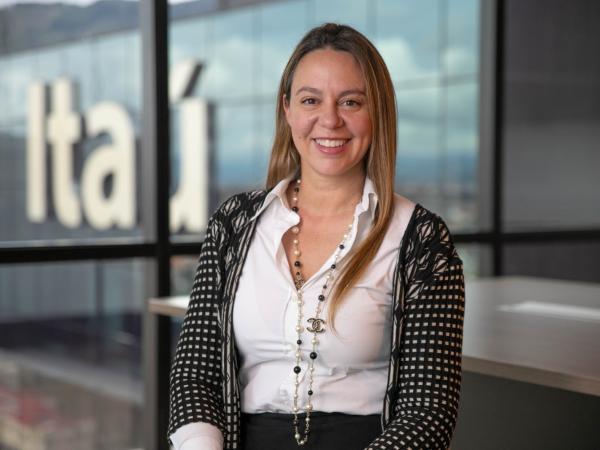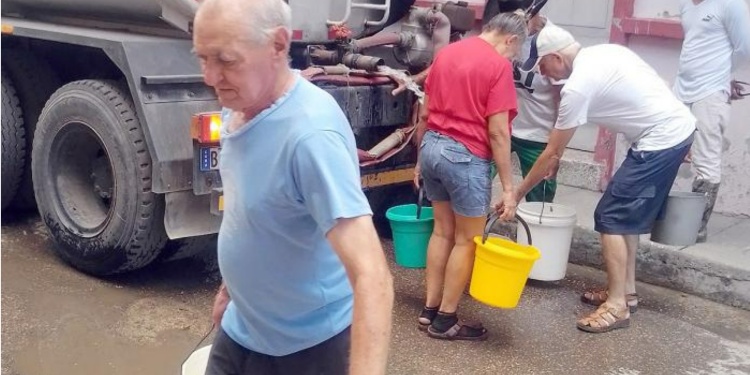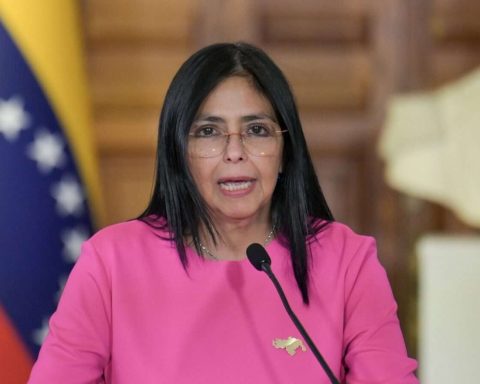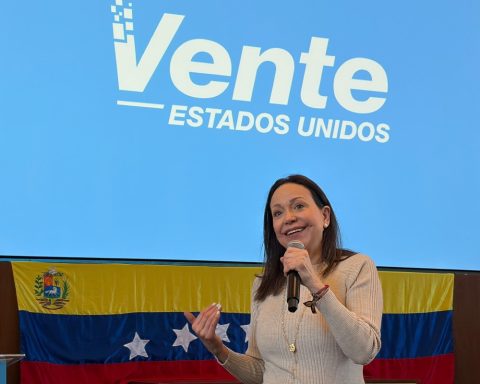The climate and the state of investment in the country are two issues that have attracted the attention of economic research centers and the National Government itself, while generating divided opinions in which, on the one hand, high uncertainty is warned, while on the other it is said that such ‘noise’ is imaginary and that things are fine, citing the recent recovery of this item in the GDP data.
Portafolio spoke with Tatiana Uribe, head of the investment area at Itaú Colombia, who from her perspective thinks that the appetite for investing in the local market has not gone away, but that opportunities are needed for these new capitals to land, to take advantage of the fact that the indicators are reaching the levels that have been sought for a long time, especially with growth and inflation.
For reading: Ministry of Finance on the 2025 Budget: ‘Misinterpretations must be corrected’
How do you see the current situation?
I can start from the vision that we have at Itaú, as well as in the corporate business, which is optimistic, but cautious. To give an example of how we are doing, we have a services portfolio of approximately $8 billion and so far this year that portfolio has grown by 10%. So, that shows you that we are indeed seeing growth opportunities, but with specific clients and with a risk that we are comfortable with.
Investment
iStock
Of course, at the macro level we have noise associated with the still relatively high interest rate situation, but we are seeing in a constructive and positive way that the cycle is progressing well, with possibilities of an acceleration in the fall of interest rates. Inflation is increasingly approaching the target range of the Bank of the Republic, which we could reach within approximately one year.
Is there noise in the market?
Although we still have challenges from a macro perspective and some noise in socio-political terms, the vision from a corporate perspective is constructive. We must seek closeness with our clients, a point that I believe is key at this time, because we need to understand what their specific needs are, what their pains are and how to stimulate the trust that is needed.
You may be interested in: Why the Mayor’s Office of Bogotá did not apply to the Government’s program to fight hunger
Of course there is also noise associated with regulatory risk issues, part of which has been in the media in recent days, but through the union we are working to ensure that the decisions, hopefully made by the Government, are those that guarantee institutional stability, which is what today counterbalances any decision that might call into question the long term or the strength of private investment in Colombia.
They learn to walk with the noise…
Indeed, what the market determines is what decisions are actually taken. As I said, it values the strength of our institutions, particularly Congress, where very long-term decisions are debated. I think that what we saw with the reforms that have been passed is a clear sign that there is a debate taking place and that the points of view of various actors are taken into account.

Tatiana Uribe, Head of Investment Banking at Itaú in Colombia.
Courtesy.
So, clearly, the market is able to differentiate between what is published by X, what is tweeted, versus what actually becomes public policy. An example of this, for example, is the relative stability of the exchange rate. The market incorporates these noises, but returns to its relatively stable level compared to the macroeconomic situation that is really moving.
Is there international noise?
I would say that today external pressures, let’s say clearly everything that happens in the United States from a political-economic point of view, continue to be a very important guide in what is happening in our country. And those public policy decisions only have an impact at the moment in which the decisions are actually made, at the opportune moments. Before, they didn’t.
When will recovery begin?
I think we are still halfway through the cycle. I would expect that with macroeconomic stability, there would be an increase in investment in 2025. But clarity regarding a possible tax reform or how the Government will finally fund all these public spending needs will be clear. From the macroeconomic perspective, interest rates and everything that inflation generates in this matter are also being looked at.
More news: Following Ecopetrol’s results, the oil company’s union calls for reactivating exploration
2025 is a much more likely year for portfolio investment to return and in that sense I think another important element will be the capital market, because beyond supply issues, that is, how many names or public companies we have to offer to the various investors, both institutional and local or international retail, we need to continue working to make it a deep and liquid market. One that guarantees that when an investor enters, they can leave without destroying the value of their investment.
Is there investor appetite?
From a strategic point of view, which is mergers and acquisitions transactions, I would say that despite the political and economic situation that we have discussed, there continues to be a lot of interest from different investors, both strategic and financial, in the country’s assets and operations.

Colombian pesos
iStock
Proof of this is the recent news of Middle Eastern funds apparently interested in acquiring Nutresa or Central American groups, not just Calleja, economic groups from both Guatemala and the Dominican Republic, investing heavily in the country in different assets. Investors still view the growth opportunities that this country has with very good eyes.
Is capital leaving?
I do not think there is a capital flight. Clearly, in the capital market as such, there may have been some outflows, but from the point of view of strategic businesses, I would say that in sectors such as energy, infrastructure, and by infrastructure, I mean road issues, I hope there are more businesses, because what is really lacking is business, but there is appetite. Port infrastructure and airport infrastructure are clear examples of interested sectors.
The important thing here for investors is the stability of the rules of the game, because when they make a bet on investing in Colombia, it is with a tax scenario already discounted, that is, they already assume what the tax rates will be, if there will be charges on dividends or not, that this supposes more or less flows of resources flowing to the buyers and it is necessary that this is respected.


















